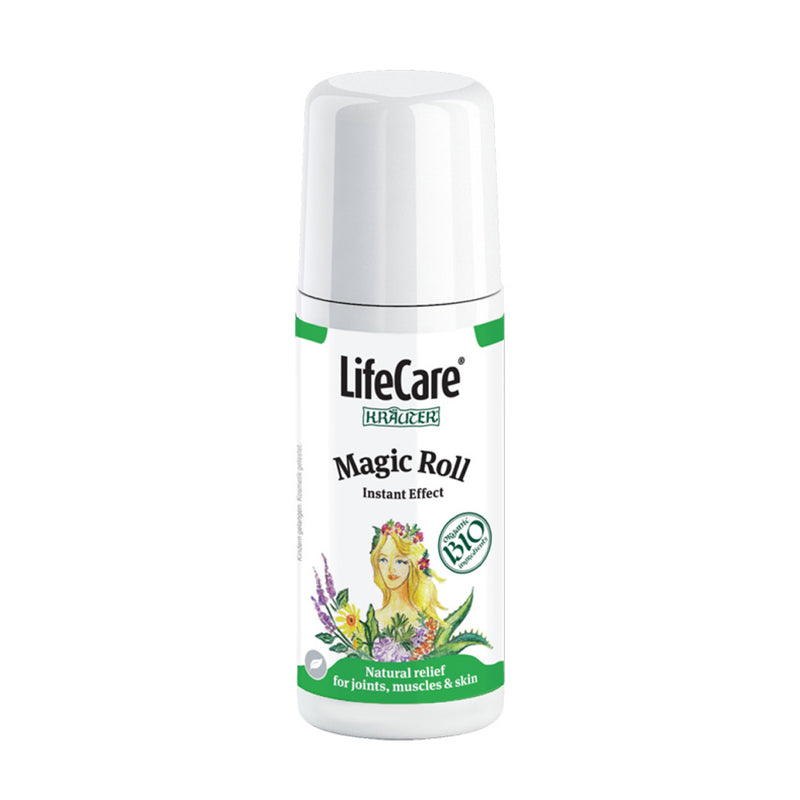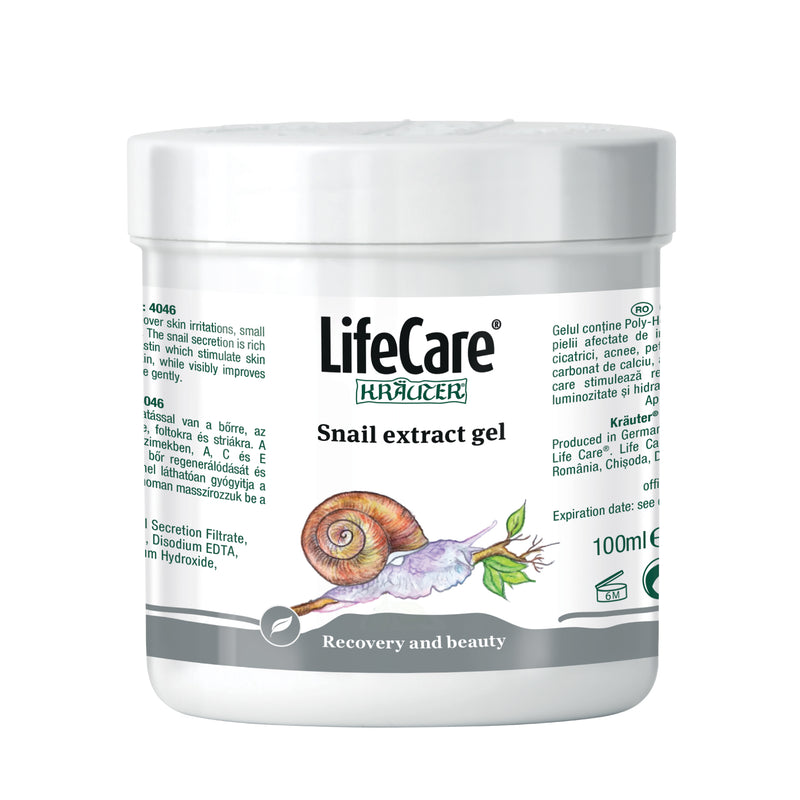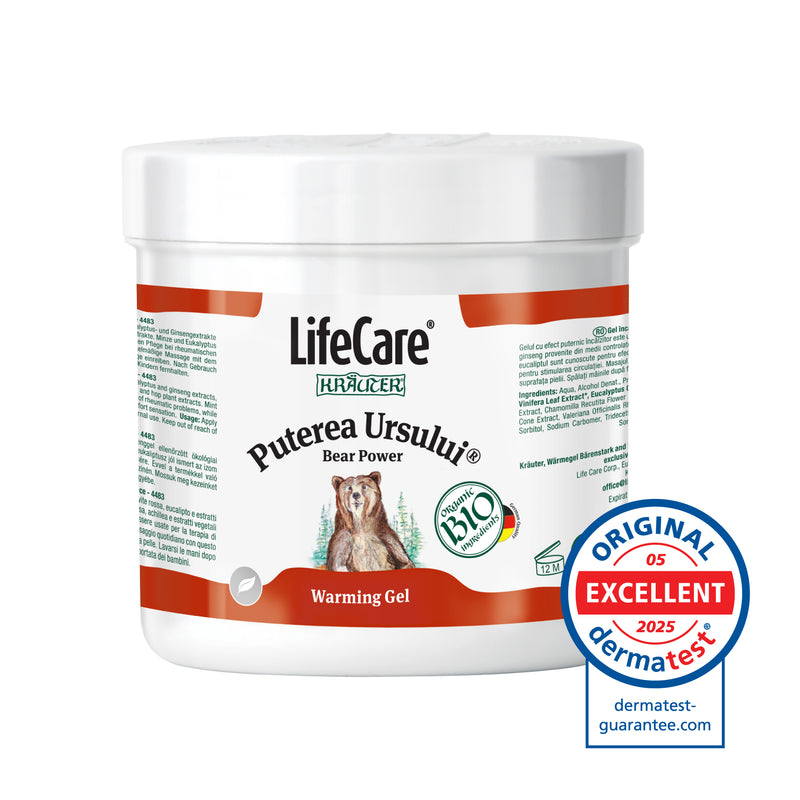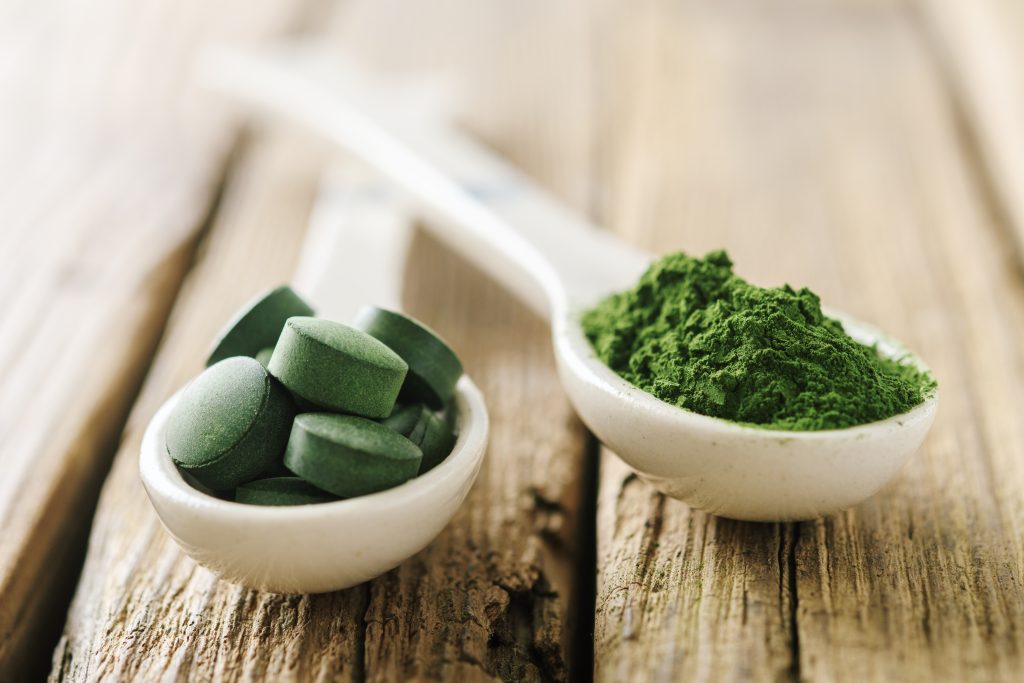Chlorella-a super-water, a freshwater algae, a source of phytonutrients worth considering (it contains up to 60% proteins, chlorophyll, vitamin C, lycopene, beta-carotene, lutein, minerals, amino acids, vitamins, sugars, carbohydrates, antioxidants, antioxidants, nucleic compounds) being used in traditional Chinese medicine and Ayurvedic medicine for the vital energy and strength resource.
Chlorella studies
The Dutch microbiologist and botanist Martinus Willem Beijerinck studied Chlorella in 1890, with the discovery of the microscope, and Americans, in the late 1940s, research marine algae as a potential world crisis. NASA also includes Chlorella as a superfood in the food of cosmonauts.
According to research, blue algae have curative properties in chronic conditions such as: cancer, excess cholesterol, blood hypercuagulability, diabetes, lung disease, arthritis, acute and chronic inflammation, various infections, HIV-AIDS.
A study of cell culture conducted by Russo et al. [. Chlorella also contains metabolites that can inhibit malignant cell division.
The carotenoids in the blue algae are the potential basis for protecting the peroxidation of lipids, atherogens, DNA oxidation and cancer, being involved in inhibiting cancer cells, especially lung, colon, breast and prostate cancer.
In a study presented by Chernomorsky et al. The authors conclude that food sources that produce chlorophyll derivatives can play a significant role in cancer prevention, especially colon.
Neither carotenoids, nor chlorophylls can be synthesized by animal tissues. Thus, these molecules must be obtained from food, and, as previously illustrated, the marine environment is an inexhaustible resource.
In what conditions can Chlorella be administered
Chlorella protects heart health
Cardiovascular disease (BCV) is a class of diseases that affect the heart, blood vessels (arteries and veins), blood circulation and is one of the main causes of mortality and morbidity worldwide.
Examples of BCV include atherosclerosis, stroke, heart failure, deep venous thrombosis and peripheral arterial disease. As for marine bioactive, there is considerable evidence that these compounds can help reduce risk factors associated with BCV.
Oben and colleagues discovered that people who were given a freshwater infusion had lower levels of total cholesterol, LDL cholesterol and higher lipoprotein cholesterol (HDL) than those of which were given a waterproof.
Combats inflammation from the body
Going further and turning to inflammation, this being a normal protective response to damage or tissue infection, if the response is exaggerated, misdirected or long-term, inflammation can adversely affect health and give rise to many conditions such as inflammatory disease, arthritis and asthma.
Interestingly, however, due to the involvement of inflammatory mediators called eicosanoids, a number of inflammatory conditions could be improved by changing the diet.
Another large -scale anti -inflammatory compound in the marine environment is Astaxantine carotenoid. It is believed that the antioxidant properties of Axaxantine are related to its ability to improve inflammation.
There are also evidence to suggest that marine algae may have therapeutic activities for combating neurodegenerative diseases associated with neuroinflammation.
Maintains the good functioning of the nervous system
Cognitive insufficiency and dementia are common disorders among elderly and influence the individual's ability to function independently. Due to the aging of the population, it is expected that the prevalence of cognitive impairment and dementia will increase.
A diet enriched with algae, Chlorella, reduced oxidative stress and significantly prevented the decline of cognitive capacity in age dependent dementia. The authors of the studies in this regard suggest that a prolonged consumption of Chlorella has the potential to prevent the progression of cognitive impairment.
Don't forget!
In conclusion, marine algae seem to fit the development criteria as a functional food ingredients. Their biological activities affect the pathogenesis of several diseases.
As a result, continuous efforts should be made to research and develop functional marine foods, with the prospect that, in the future, their consumption could lead to a reduction in the prevalence and severity of chronic diseases.
Administration
The daily dose recommended by Chlorella is 1.5-2.5 g/day (4-6 cps/day), which can be consumed in long cures (3-6 months), throughout the year, being especially suitable in the vegetarians diet or during detoxification periods, without meat.
It can be taken in 2-3 sockets/day, at least 30 minutes before the main meals (this mode of administration contributes to a more effective digestion, to the optimal absorption of nutrients and to the elimination of toxins from the body).
Contraindications
As a warnings, it is not recommended for hyperthyroid people, with nodular goose or allergic to marine foods, pregnant women and women.

Article written by Adina Cîrjan - therapist biofeedback & healthy lifestyle trainer




